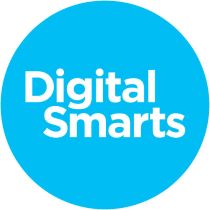DigitalSmarts: Explore Digital Parenting

The DigitalSmarts program is a series of eight hour-long workshops designed to teach important everyday digital skills. The workshops include hands-on activities and videos and cover topics such as: protecting privacy and security online, job searching, shopping and banking online, using social media, searching the internet effectively and managing screen time for kids.




